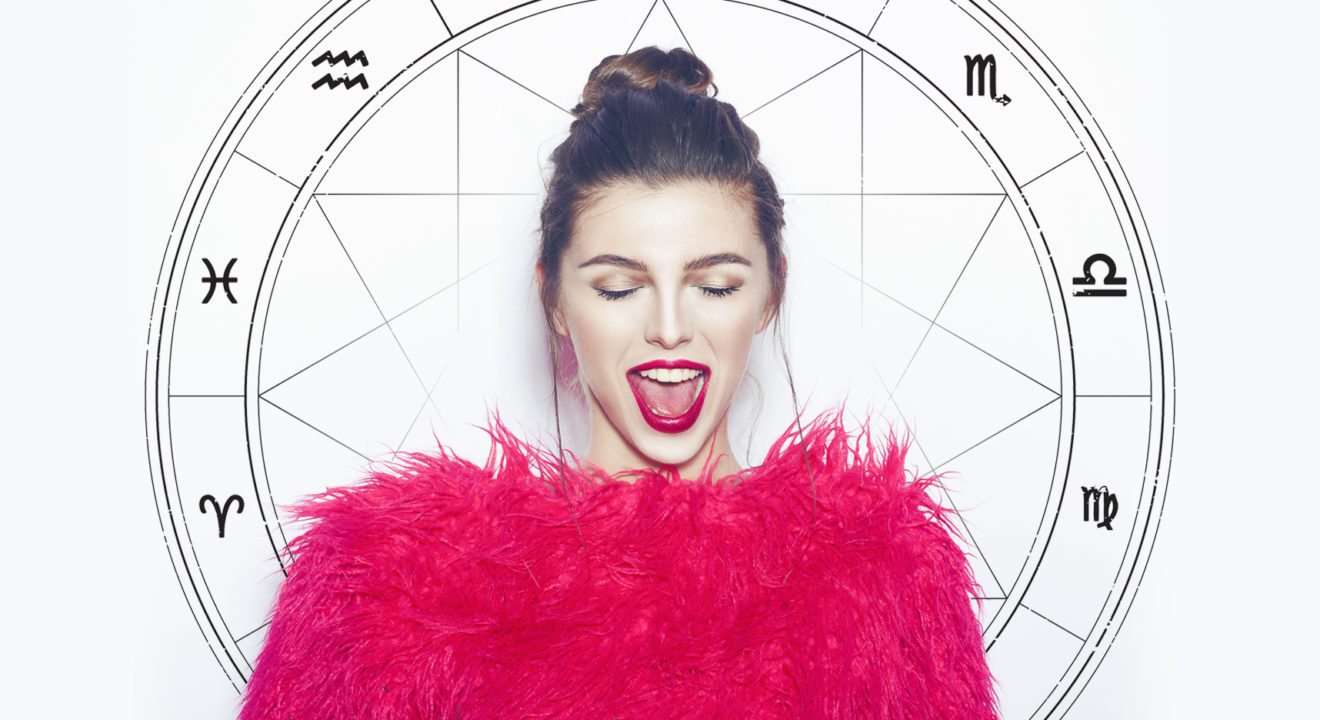Uncategorized February 16, 2017


You’re flipping through the latest issue of your favorite magazine, and when you get to the very end, you see a picture of a celebrity next to their Zodiac sign. You scan down the column, looking for your sign and read your astrological forecast, reminding you to look out for your finances, and maybe, just maybe you’ll be lucky in love this month. But the monthly horoscopes we read today are a far cry from ancient astrology.
The Babylonians, in modern day Iraq, are credited with the birth of astrology. They were able to predict the recurrence of seasons and celestial events like solar and lunar eclipses. At this time, there was no need to distinguish between astronomy and astrology; they functioned as the same thing. From Babylonia, astrology spread to the Greeks, who turned it into a highly regarded science. Then the Romans adopted the science and gave us the names for the Zodiac signs that we still use today.
Ancient astrology was used as a way to bring a sense of order to the chaos of the world. It was used to predict weather patterns, primarily because people were concerned about when they should plant crops and when they should harvest them. Eventually astrology broadened to include natural disasters, war and other events that impacted human affairs.
Emperors and kings held astrologers in high esteem and paid them to be a part of their court. But if a commoner dared to consult an astrologer, it would cost them their life. Most emperors and kings were curious about other worlds, but didn’t want anyone consulting them because they were paranoid that someone would foresee their death.
Eventually everyone was able to participate in astrology or consult astrologers. The ancient astrologers knew that it took twelve lunar cycles (months) for the sun to return to its original position. They then identified twelve constellations that they observed were linked to the progression of the seasons and assigned them names. These names survive today as the twelve signs of the zodiac.
A horoscope is a map of the zodiacal circle with Earth at the center. The top of the circle represents the sun at the highest point during the day and left and right of that are the eastern and western horizons. The horoscope charts the positions of the sun, moon, planets and stars at a specific time and place, for example the time and place of your birth.
Calculating the heavenly positions once took great care and skill. Today with computer technology, it is relatively easy to calculate. However, it is still considered an intricate balance between art and science to be able to interpret the chart.
How does history go from a horoscope being a birth chart to a monthly forecast of life? Where astrologers once predicted the position of the planets to provide insight into weather patterns, today it focuses on the individual’s human affairs.
This shift is because agriculture is no longer what drives human society. Human life depended on the ability of people to farm their crops, and they looked to the heavens to determine the best times to plant. Today we look to the heavens to guide us in love, friendship and happiness because these are what drive humans.
But newspaper and magazine horoscopes need to be vague enough to be read by a wide audience. Astrologer Jonathan Cainer says, “The art of writing a successful horoscope column probably confirms what all too many skeptics and cynics eagerly clutch to their bosoms as charlatanry. Because it’s writing ability that makes a horoscope column believable … ultimately a successful column will avoid specifics whenever possible. You develop the art of being vague.”
Whether you follow astrology or not, many people look at their horoscope anyways because “you never know.” It is this phrase that leads people to pick up a magazine and read their monthly forecast because “you never know” if it will impact you or not until you pick it up and read. Whether you buy into the newspaper horoscope or not is up to you to decide.
Sorry, no related posts found.